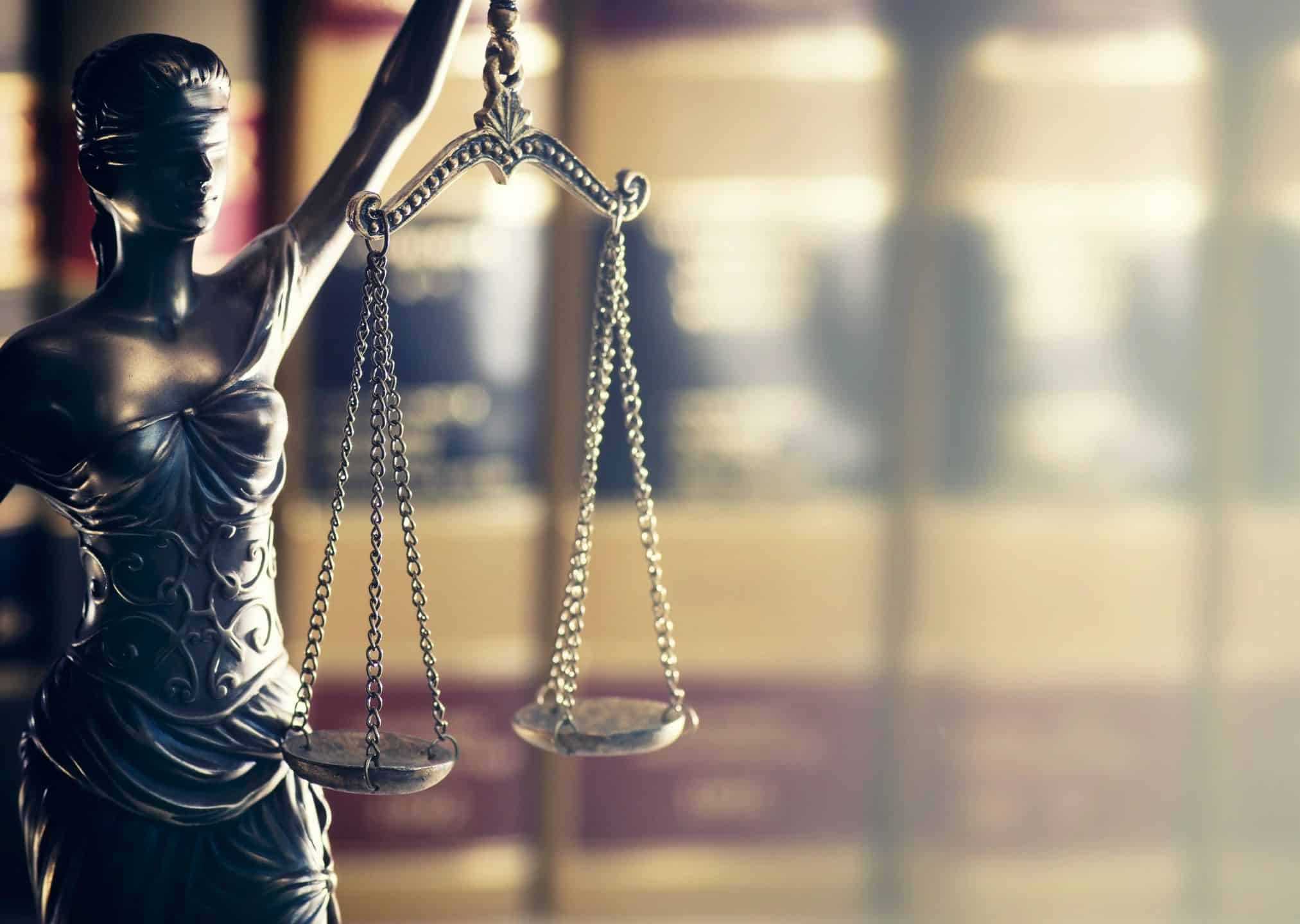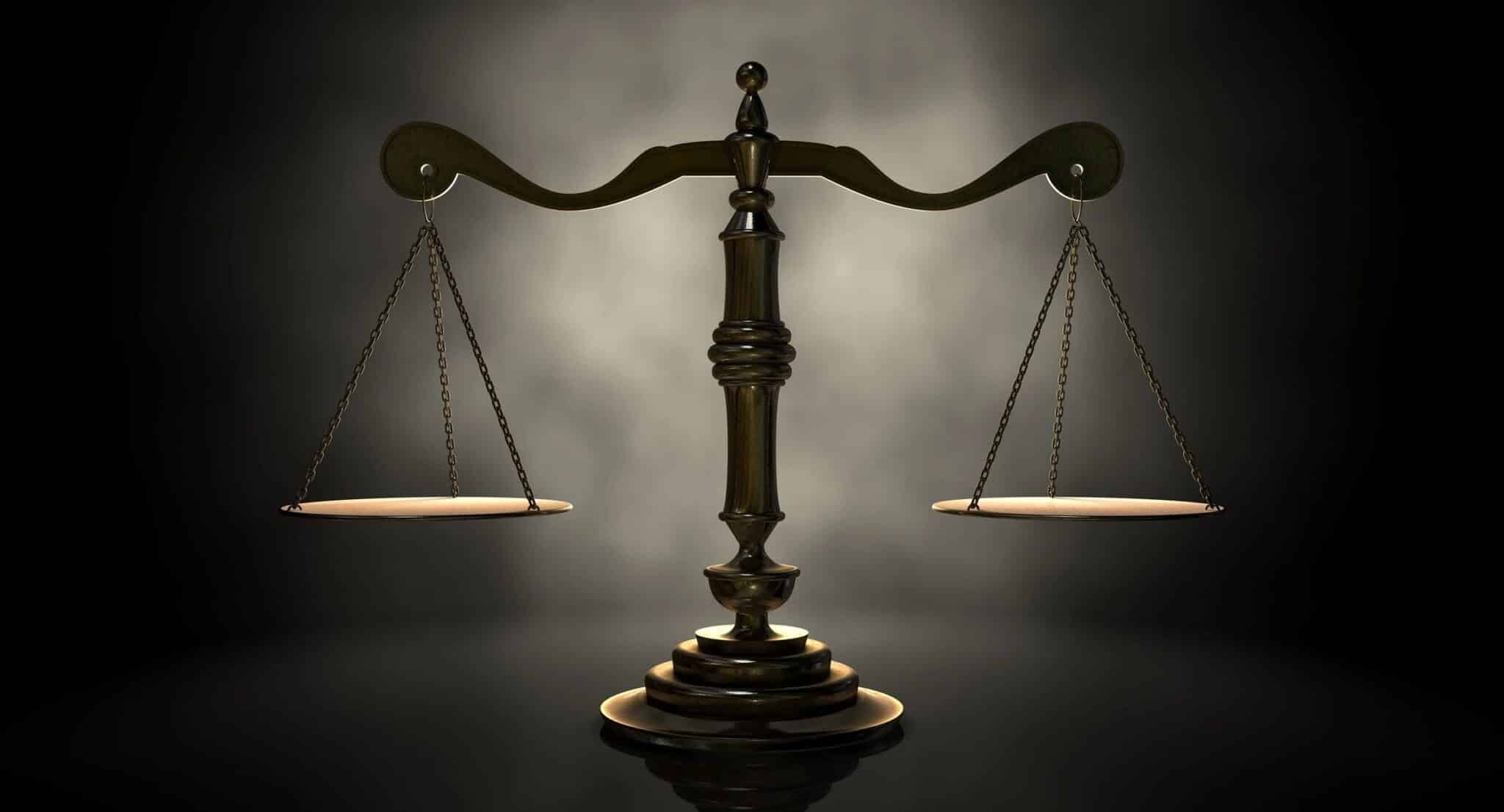By Sara Hammel/The Landing
As one of Delta Captain Andrea Ratfield’s attorneys, Sara Wyn Kane of Valli Kane & Vagnini LLP is familiar with the specific and unique way airlines operate when it comes to sexual assault and harassment cases.
Her bio highlights her vast experience and professional accolades and explains, “Sara has devoted over twenty (20) years of her legal career fighting for her clients’ Civil Rights and against all varieties of employment discrimination (race, gender, age, disability, national origin, sexual orientation, and religion), sexual harassment/hostile work environment claims, wage and hour disputes and qui tams/whistleblower claims.”
A big thank you to Sara for giving her time to answer my questions and help victims of assault (all emphasis mine):
Q: I’ve seen a bunch of cases in the New York papers in the past year, including some high-profile lawsuits, taking advantage of the lookback window that ends very soon. (For example, a woman just filed a lawsuit against Bill Cosby alleging he drugged and raped her in the 1970s; she’s also suing the organizations her lawyer says “not only provided a platform for Mr. Cosby to showcase his fame and fortune to lure in women, but then put their own profits over the safety of their female guests by turning a blind eye to Mr. Cosby’s alleged sexual assaults on women”).
A: We have received many calls from individuals looking to assert their rights under the statute. We currently represent a woman against a well-known radio personality/author. She was allegedly assaulted many many years ago and had been prohibited from bringing her claims due to the statute of limitations. She is relieved to have an avenue by which to attempt to pursue them now.
Q: What are some of the challenges in finding evidence and making a case for assaults that could be in the distant past, such as gathering old police reports and talking to witnesses? Should these potential roadblocks deter anyone from seeking legal advice about their assaults?
A: Certainly you have identified some of the potential obstacles to pursing older cases. Often, however, when someone has been the victim of an assault, they may have discussed it with a friend, family member, counselor and/or written in a journal—some type of contemporaneous confirmation of what transpired. Also, if someone does have the strength and courage to come forward many years later, it is likely that what took place is ingrained in their memories.
These cases are generally difficult regardless of whether they are brought soon thereafter or years later, but that does not mean it is not worth the effort. If nothing else, we strongly believe that the likelihood of success should NEVER deter anyone from seeking legal advice. Learning what your rights are is only a benefit, never detrimental. Being armed with knowledge is empowering—even if you choose not to act on it, we always encourage people to reach out and learn what options you may or may not have and to garner a better understanding of your legal rights.
Read the full Q&A from The Landing here.









